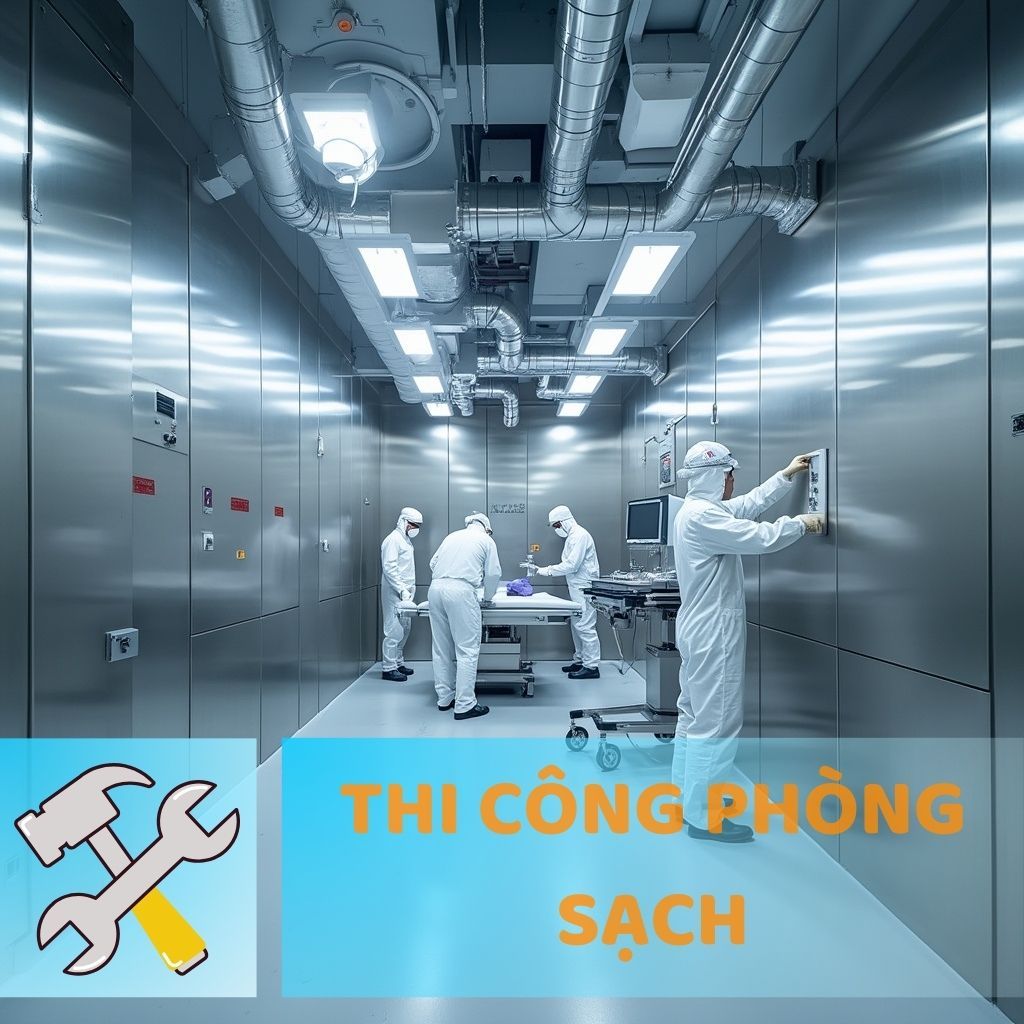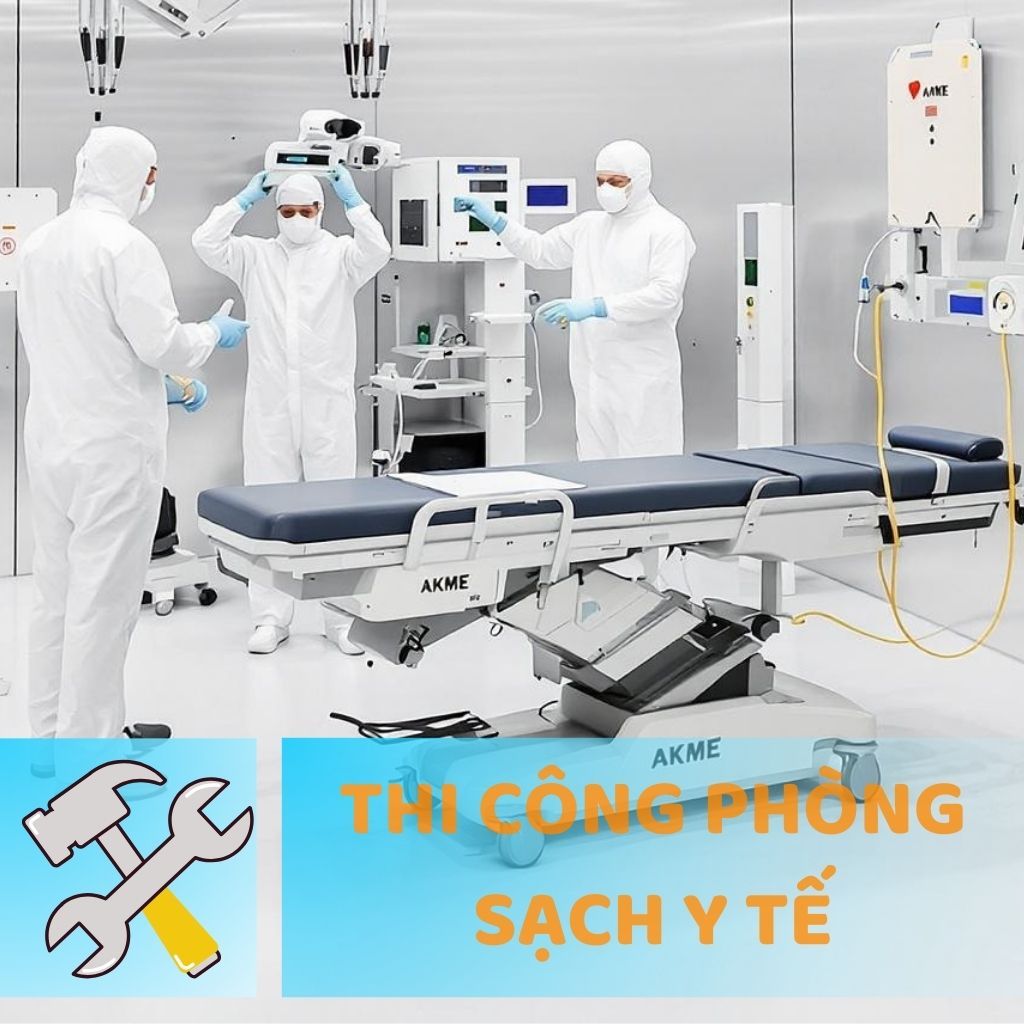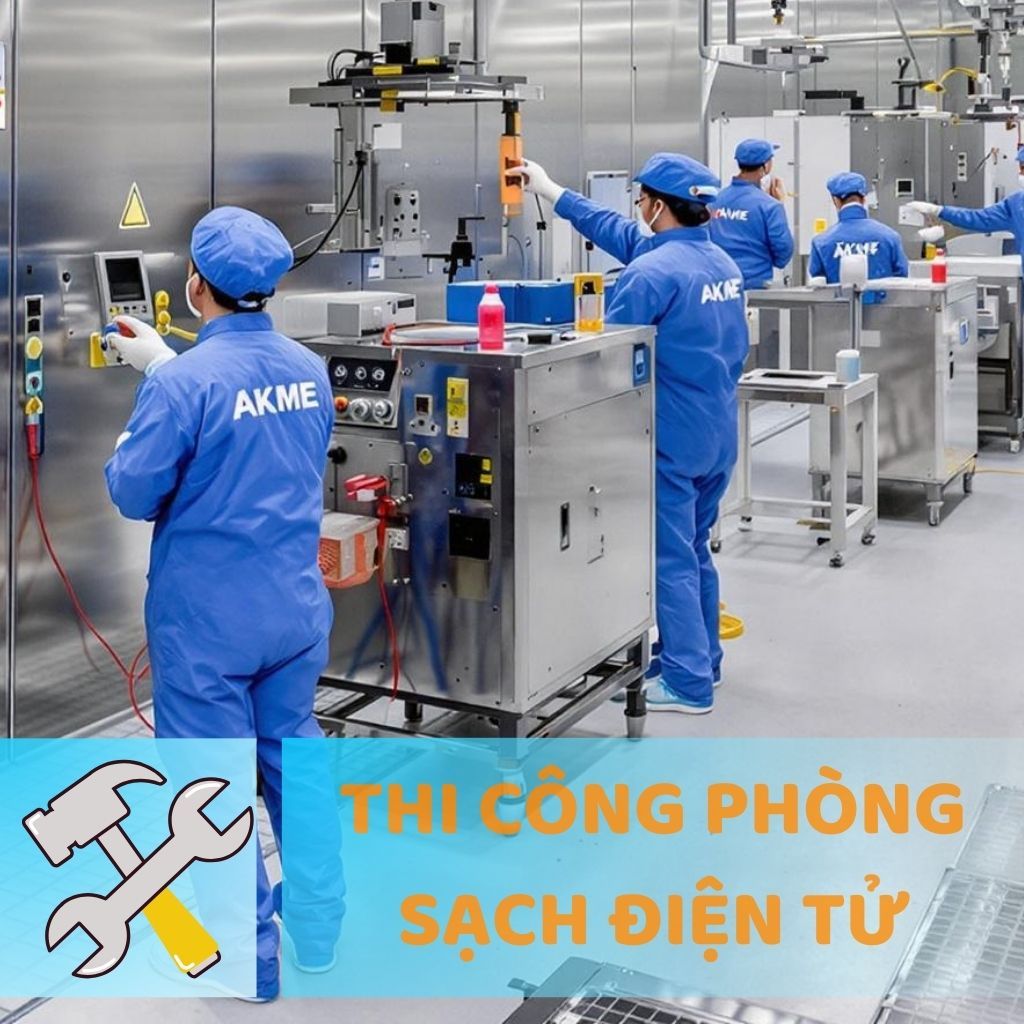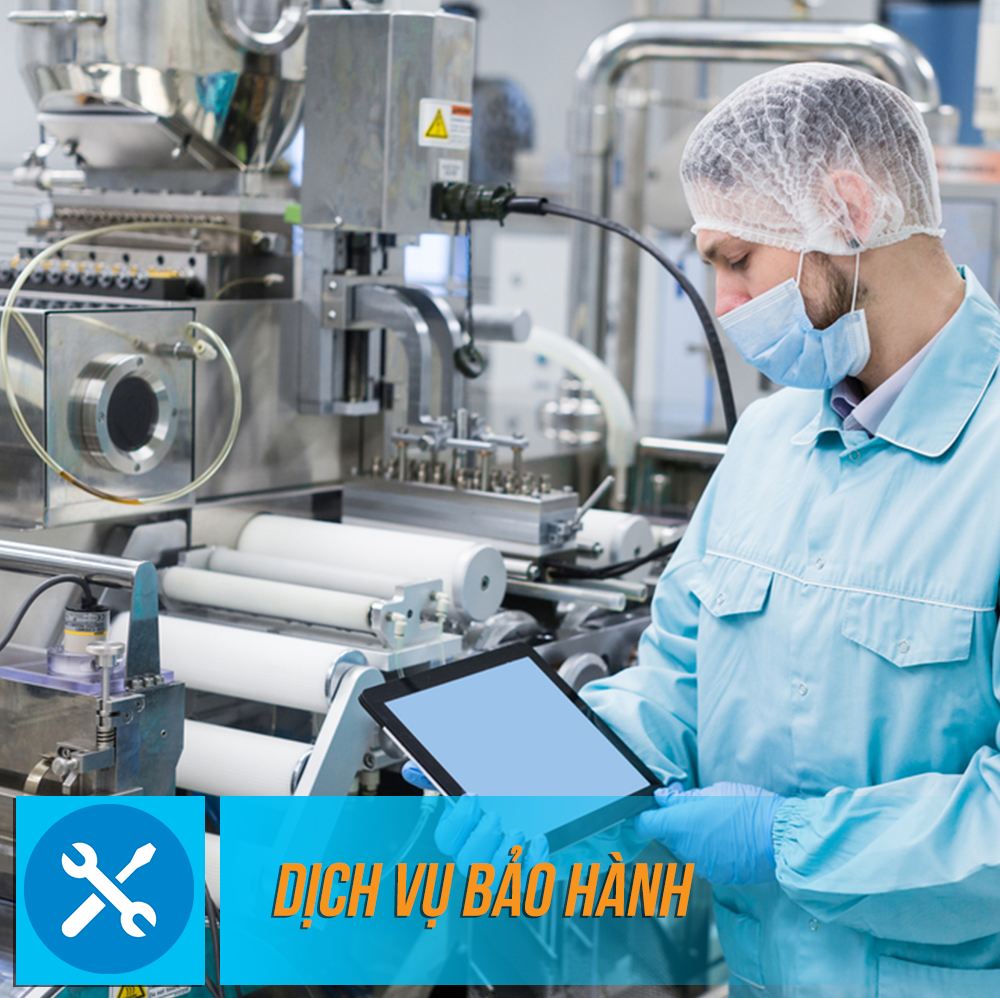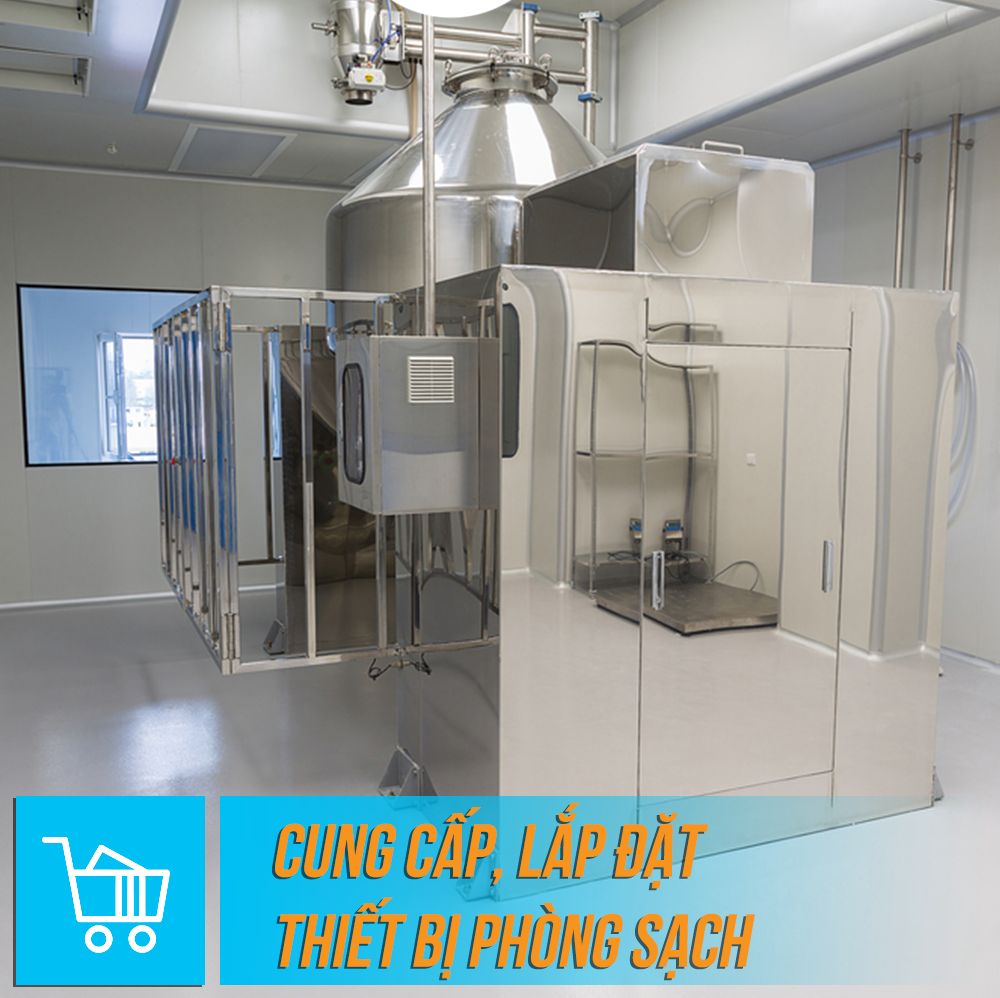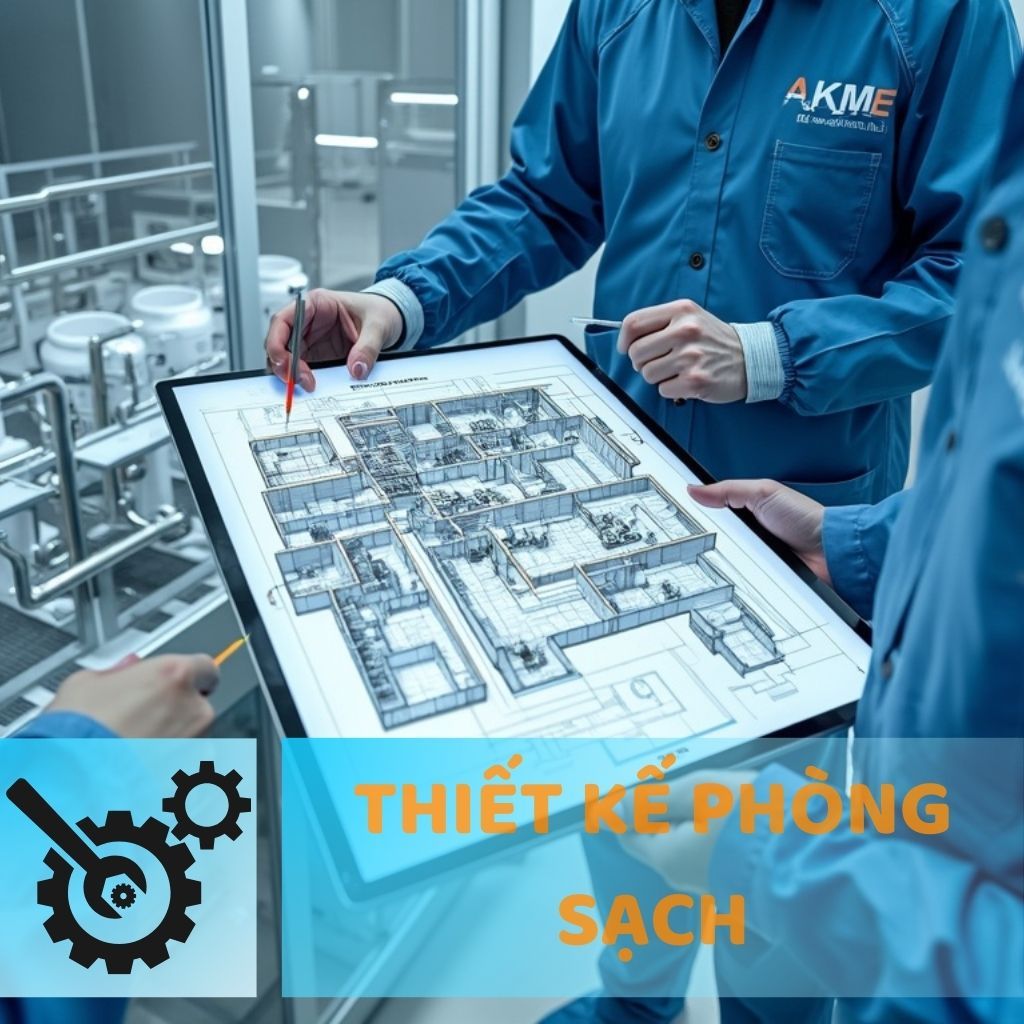3D Printing for PDMS Soft-Lithography and Cleanroom Applications
11:43 - 10/09/2025 407
In cleanrooms specializing in microchip, bioscience, and microfluidics research, the fabrication of PDMS (polydimethylsiloxane) molds often requires the use of traditional photolithography processes.
Cleanroom Light Indicators: Improve Safety & Optimize Processes
Tersicoccus phoenicis: Dormant Bacteria Challenges NASA's Sterile Process
Sustainable Packaging for Cleanrooms: Optimization & Innovation
Vietnam's Amended Pharmacy Law: Important amendments & opportunities for businesses
In cleanrooms specializing in microelectronics, biology and microfluidics research, manufacturing PDMS (polydimethylsiloxane) molds often requires the use of traditional photolithography processes. This method, while precise, is expensive, requires strict clean systems and is time-consuming.
The emergence of light-based 3D printing technology has opened up a new direction, helping to create PDMS molds more quickly and flexibly. Techniques such as vat photopolymerization, material jetting, or two-photon polymerization allow complex samples to be created even outside the cleanroom, while still being able to be brought into clean environments for completion and application.
Benefits of 3D printing in cleanroom context
- Save cleanroom operating costs and time
3D printing helps reduce manufacturing steps in cleanrooms, only requiring cleanrooms in the final stage for quality control or integration. This helps optimize cleanroom usage schedules, reducing the load on systems that are already very expensive.
- Design diversity and rapid testing
Unlike photolithography which requires complex masks, 3D printing allows rapid design – print – test iterations. Microfluidics research cleanrooms can test many design scenarios in a short time, especially useful for prototyping.
- Increase flexibility in training and research
3D printing can be deployed right in the lab, then just bring the mold to the cleanroom for evaluation and production at standard scale. This helps students and young researchers easily access cleanroom technology without being limited by cost.
-600x400.jpg)
Challenges: Effects of resin on PDMS
One of the main issues when applying 3D printing for cleanrooms is:
- Light-sensitive resin can cause inhibition of PDMS curing reaction.
- When bringing 3D printed molds into cleanrooms, the risk of contamination or incomplete reactions can reduce the quality of microfluidic samples.
This is why mold post-processing procedures become mandatory before molds are accepted in clean environments.
Mold post-processing methods in cleanroom environment
To overcome the situation where resin affects PDMS, many techniques have been applied:
- Solvent washing: Remove excess resin remaining on the surface.
- UV exposure or heat treatment: Helps complete the resin curing process, minimizing impurities generated.
- Anti-adhesive coating: Prevents chemical interaction between mold and PDMS, while reducing contamination in cleanrooms.
These processes are often standardized in cleanrooms to maintain sterile conditions, limit particulate matter, and ensure reliability when manufacturing microfluidics.
Development trends
- Standardization of hybrid processes: Combining 3D printing outside cleanrooms and fine processing in cleanrooms to both save costs and ensure quality.
- Specialized resin optimization: New 3D printing resins are being researched to be more compatible with PDMS and minimize contamination risks.
- Wide industrial applications: Not only in academic research, 3D printing for cleanrooms is opening up potential in pharmaceuticals, biotechnology, and semiconductors.
-600x400.jpg)
Conclusion
Light-based 3D printing brings breakthrough advances for PDMS soft-lithography in cleanroom environments. This technology both reduces costs, shortens manufacturing time, and enhances flexibility in research and production.
Although challenges regarding resin and post-processing procedures still exist, with the development of new materials and standardized procedures in cleanrooms, 3D printing promises to become a core tool for the next generation of microfluidics research and biotechnology in the future.
 | ANH KHANG CLEANROOM MECHANICAL & ELECTRICAL JOINT STOCK COMPANY Hotline: 1900 636 814 - 0902 051 222 Email: info@akme.com.vn Website: akme.com.vn Add: Lot B7 - Xuan Phuong Garden - Phuong Canh - Nam Tu Liem - Hanoi. |
12:05 - 28/11/2019 47755
Cleanroom Design and Construction
14:05 - 11/03/2025 21690
GMP and ISO Standard Cleanroom Construction
14:18 - 11/03/2025 12231
ISO Standard Medical Cleanroom Construction
14:13 - 28/02/2025 23359
Electronics Cleanroom Construction
16:15 - 18/03/2021 5601
Warranty Service
16:26 - 28/11/2019 18461
Supply and installation of cleanroom equipment
14:50 - 26/11/2019 6139
Technology Production Line Consulting
16:35 - 19/03/2025 19148




